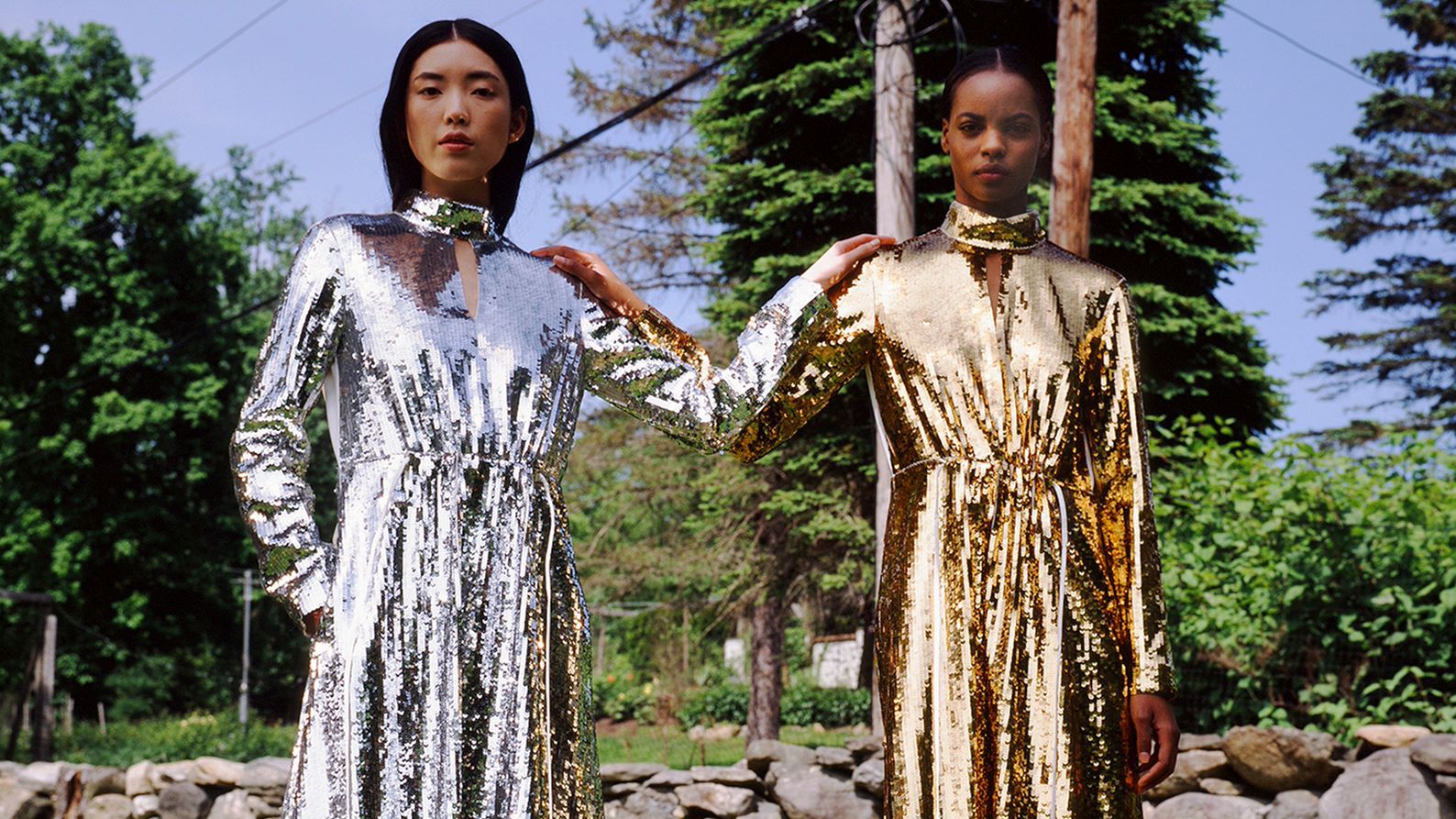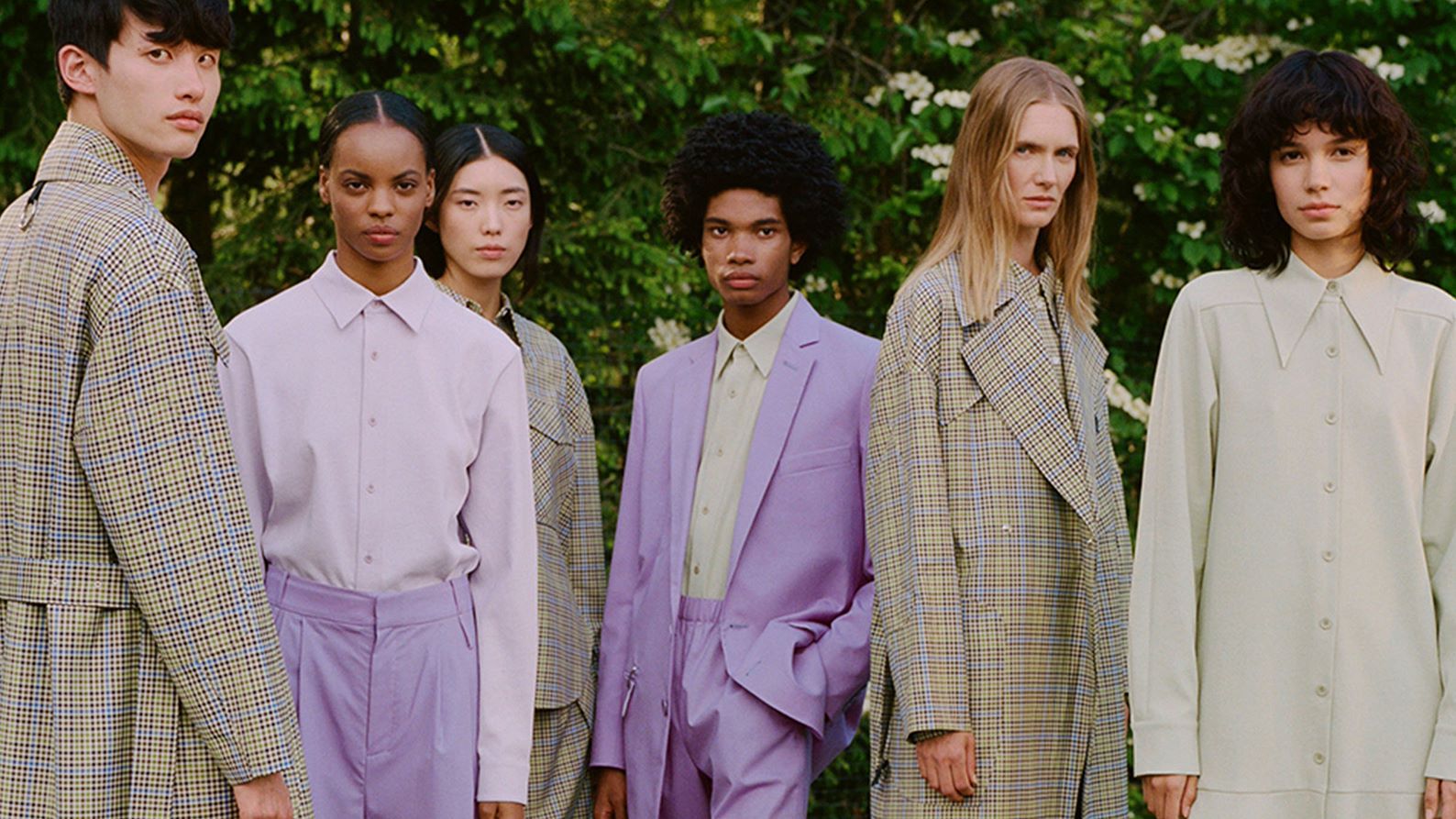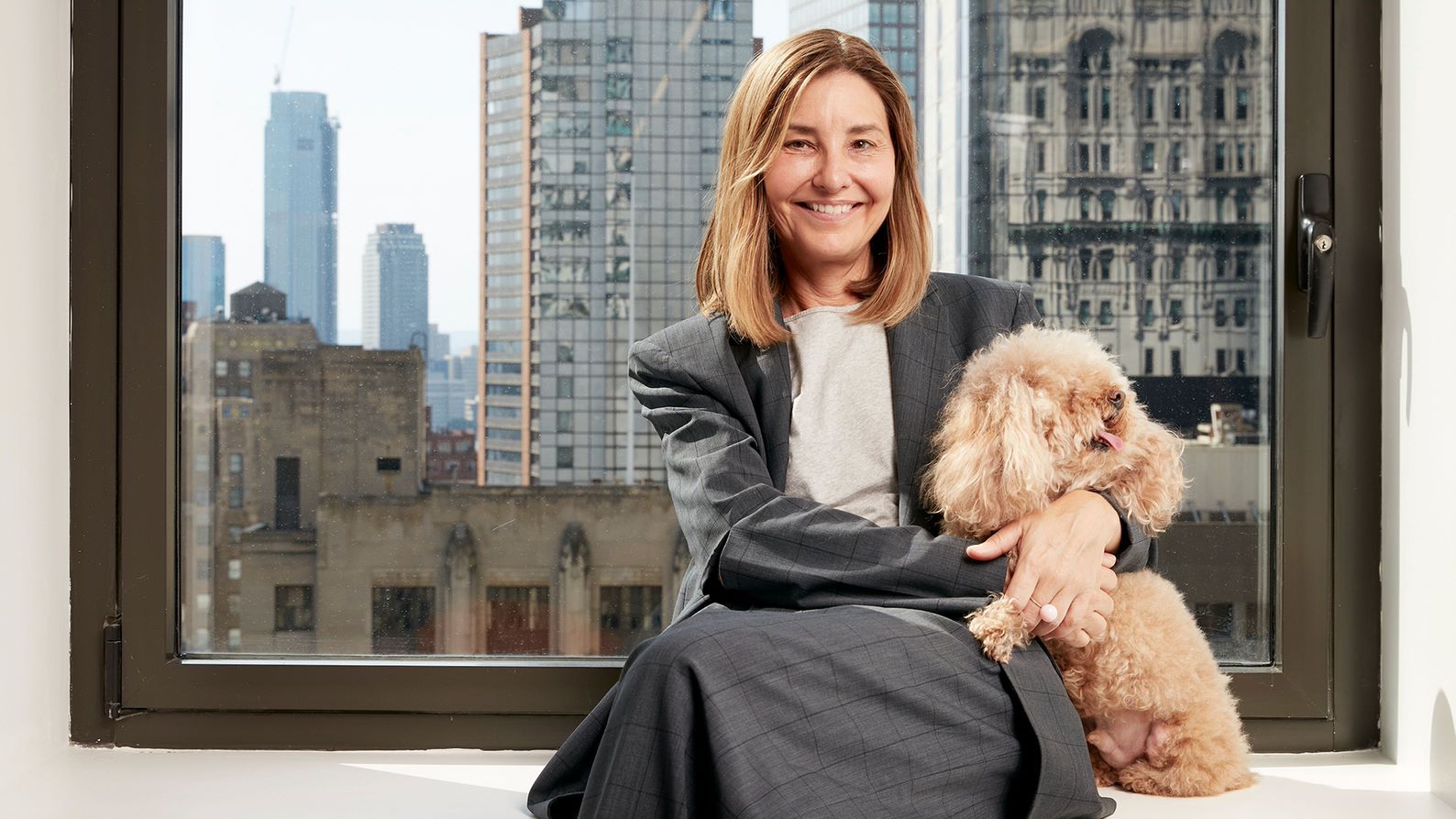-
TIBI: THE BRAND REBELLING AGAINST FAST FASHION

Printemps.com: Tell us how Tibi was created in 1997?
Amy Smilovic: I founded Tibi when I was living in Hong Kong; at the time it was just a small capsule collection. I often went to Indonesia and I created my first fabrics in the island of Java, in a town called Solo. That's where I started—with a small business. I began to sell my pieces locally, and they were later distributed to different stores around the world. At the time, social media didn't exist; people learnt about Tibi through word of mouth. So the brand grew in a very organic way. Now, everything has changed, but it's funny to see that I'm going back to my roots, by downsizing and concentrating more on the essentials.
How have you seen fashion evolve over the past 20 years?
I hate to say it, but the industry has not moved in the right direction. Fashion has become a disposable experience. It's not like in the 60s or 70s; where there was a real freedom in the way you dressed yourself. I started my career in the era of minimalism, with Helmut Lang, Martin Margiela and Donna Karan. Today, people consume fast fashion, and then throw it away when they're over the experience. Clothes should be better made and especially better thought-out.

A few years ago, you decided to radically change the way you made fashion. Could you tell us about this transformation?
It happened nearly 10 years ago! I was so tired of all that... I felt like a dog on a leash by all those retailers saying, "you should make more of this...", "Customers want that... " And I felt like a waitress in a restaurant, taking orders. One day, I woke up and thought: "I hate everything in my line". I felt really bad, it was eating away at me. In fact, I hated what I was doing. It was my company, but I would have rather destroyed everything than carry on like that! So I went back to basics. Fast fashion was at its peak, but I think that at the same time customers were really seeking authenticity, there was a real desire to know what was behind the brand. If you're not making fast fashion, you have to have an angle. It's essential, otherwise you can't survive. And I think that's now truer than ever.
You stand up for environmental causes. In what way is Tibi a sustainable brand ?
We work with several European factories that are very creative in how they make sustainable or recycled fabrics. Much has been done in this area. We certainly owe a lot to Stella McCartney. It's one thing to want to be sustainable, but if your fabric and your products are not luxurious, at the end, they will never really take off. Stella pushed factories to change their way of doing things. But I think that the most effective and reliable way to be sustainable is to make fewer products. We must produce less, it's crucial. I'm working more and more on a pre-order model, to streamline our production.
"If you're not making fast fashion, you have to have an angle. It's essential, otherwise you can't survive."

Do you think that the obsession with "newness" in fashion, as promoted by fast fashion, has come at the expense of styling—in other words, the art of incorporating pieces from past seasons and imagining new combinations?
I think that it's very important to understand what you love. For me, styling gives me the opportunity to express myself. Style is when you understand who you are and which combinations and sizes fit you best. The other day, someone asked me: "Are there things that I shouldn't wear if I'm over the age of 50?" It's surprising to see how many women are puzzled about this and think that they have to change their style as they get older. But they shouldn't! We must be true to our identity and I think that the more we age, the more we learn about ourselves. Clothes should express our personality even more as we age.
Are you involved with Tibi's social missions?
I am committed to taking care of my team. And I noticed that what makes the team happiest is our charitable actions. For example, a percentage of our "Airport" sock sales is donated to an American organisation that feeds the homeless. Tibi is a small company, we're independent, without any external investors, and I have a lot of respect and compassion for businesses that are doing it alone, with their own funding. We help them when we can.
What's your stance on inclusivity in fashion?
We already had three large sizes but when we launched our menswear collection, we expanded our range of sizes again. Simply because our men's blazers are the same as the women's blazers. We also noticed that our best pieces are the ones that merge genders, and are neither masculine nor feminine. In a way, our "gender-neutral" fashion appeals to men who perhaps dress in a softer or more creative way, as well as women who prefer tailoring or cleaner lines.

Who inspires you nowadays?
I'm very interested in American films from the 1930s during the Great Depression. They talked about style and beauty a lot, but they also made fun of it. That era resonates with me right now. I want things to be beautiful. I want to introduce beauty into a very functional wardrobe that can reflect the time we're living in. From a creative viewpoint, I don't want to settle for average—I want to create something bold. The pace has slowed down so much that now if I create something big; I think we'd have the time to talk about it. And above all, we'd have the time to appreciate it. It's very liberating, in many respects.